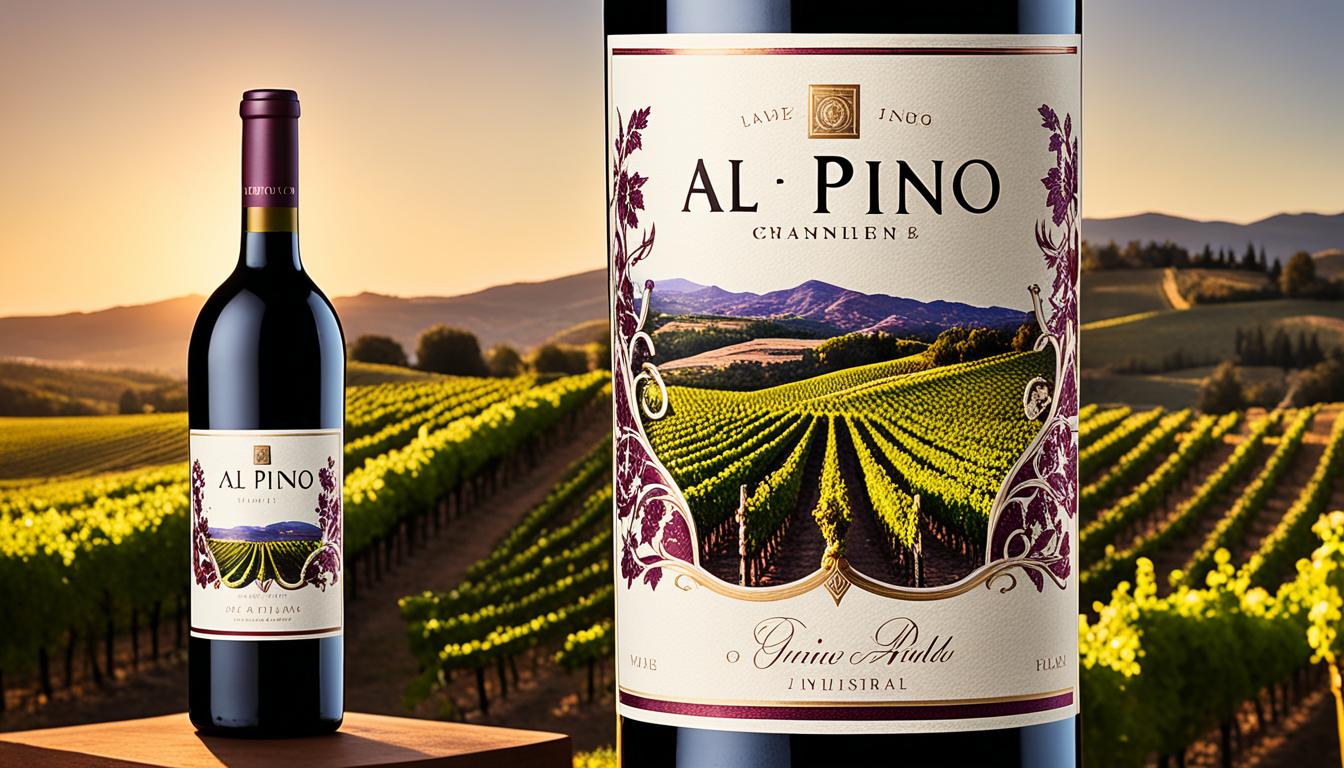In 2025, celebrity entrepreneurs turn their fame into multi-billion-dollar empires by using smart business models and strong branding. Stars like Kim Kardashian, Rihanna, and Tyler Perry leverage direct-to-consumer sales, media deals, and vertical integration to build their wealth. They diversify industries, owning everything from beauty to media and entertainment. If you keep exploring, you’ll discover how these icons maximize their influence and turn fame into lasting business success.
Key Takeaways
- Celebrities like Kim Kardashian and Rihanna leverage media visibility to build multi-billion dollar brands through strategic product launches and market positioning.
- Vertical integration models, exemplified by Tyler Perry, allow celebrities to control production, rights, and revenue streams for sustainable growth.
- Diversification across industries, such as Oprah Winfrey’s media holdings and Jay-Z’s investments, enhances wealth stability and influence.
- Direct-to-consumer sales and innovative branding strategies drive celebrity-led businesses to dominate competitive markets.
- Private equity investments and media deals significantly contribute to the expanding business empires of top celebrity entrepreneurs in 2025.

Have you ever wondered how celebrities turn their fame into thriving businesses? In 2025, many stars have become powerful entrepreneurs, building empires that generate billions. They don’t just rely on their fame; they develop strategic business models that maximize their influence and income streams. Kim Kardashian, for example, has transformed her celebrity into a billion-dollar brand. Her company SKIMS, valued at $4 billion in 2023, is anchored by direct-to-consumer sales, combining her media visibility with online shopping. She also earns from KKW Beauty and fragrances, along with high-value media deals. Kim’s investments in private equity through SKKY Partners help diversify her income, making her a prime example of leveraging fame into business success.
Celebrities leverage strategic business models like direct-to-consumer sales and private equity to turn fame into billion-dollar empires.
Tyler Perry exemplifies vertical integration. He owns Tyler Perry Studios in Atlanta outright, giving him full control over production, writing, and directing. By retaining 100% of his creative rights, he minimizes reliance on traditional Hollywood studios. Perry also holds stakes in BET+ and acts as a landlord for major productions, ensuring steady revenue streams. His business model emphasizes ownership and control, allowing him to grow his entertainment empire with fewer outside dependencies. Implementing audits regularly helps ensure his business practices align with industry standards and optimize operational efficiency.
Rihanna leverages her celebrity to dominate the beauty and lingerie markets. Her brand, Fenty Beauty, has become a global powerhouse thanks to innovative product campaigns and inclusivity. Rihanna’s approach combines her star power with strategic product launches, turning her into a billionaire. Her success highlights how a celebrity can use branding and product differentiation to carve out a dominant space in competitive industries.
Oprah Winfrey’s influence extends across media, publishing, and strategic partnerships. She owns her media outlets, including her network, and remains a trusted voice in entertainment and publishing. Her diversified revenue streams include media deals, book clubs, and investments, demonstrating how a media mogul can sustain a vast business ecosystem rooted in her personal brand.
Jay-Z exemplifies diversification. From founding Roc Nation and Tidal to investing in tech and beverage brands, he spreads his influence across entertainment, music, and private equity. His business model combines content creation with strategic investments, enabling him to capitalize on multiple sectors simultaneously. This diversification helps him maintain relevance and build wealth across industries.
These celebrities demonstrate that turning fame into a business empire isn’t accidental. They use models like direct-to-consumer sales, vertical integration, licensing, and strategic investments. Their success shows how powerful brand ownership and control can be, allowing them to maximize profits and sustain their influence well beyond their initial stardom.
Frequently Asked Questions
How Do Celebrities Balance Fame and Business Responsibilities?
Balancing fame and business responsibilities can be tough, but you can make it work. You prioritize tasks with strict schedules, delegate daily operations to trusted teams, and use virtual tools to manage projects across locations. By leveraging your support network and aligning your brand with your ventures, you maximize efficiency and authenticity. Regularly reassessing priorities helps you stay focused, balancing your creative passions with entrepreneurial pursuits effectively.
What Are the Biggest Challenges Celebrity Entrepreneurs Face Today?
You face a mountain of challenges today, like maintaining brand consistency across ventures and managing public perception, which can change in an instant. Balancing authenticity with your celebrity image, steering through fierce competition, and ensuring quality control test your resilience. Financial management, legal issues, and marketing strategies demand your constant attention. Staying innovative and responsible while scaling your empire feels like an endless race—yet, it’s your unwavering drive that keeps you ahead.
How Do Celebrity Brands Influence Consumer Behavior?
You see that celebrity brands substantially impact your buying choices by boosting brand visibility and trust. Their attractiveness often influences your purchase decisions more than credibility alone. While some are swayed by celebrity endorsements, many, especially Gen Z, prefer authentic content from micro-influencers. Overall, celebrity brands shape your behavior through social proof, peer influence, and trendy appeal, making you more likely to engage with and purchase from those endorsed products.
Which Industries Are Most Popular Among Celebrity Entrepreneurs?
You might think celebrities dabble everywhere, but oddly, beauty, alcohol, tech, and fashion steal the show. They jump into skincare, fragrances, spirits, apps, and apparel—probably because fame makes launching a lipstick or tequila easier than a startup. You’ll notice these industries thrive on celebrity influence, turning quick fame into long-term empires. So, if you’re looking for the hot spots, those sectors are where stars love to play billionaire.
How Do Celebrity Entrepreneurs Impact Traditional Business Sectors?
You see how celebrity entrepreneurs impact traditional sectors by launching brands that quickly generate millions, often competing directly with established companies. Their influence boosts investments, raises valuations, and drives ecommerce growth through influencer marketing. You notice how their social media presence fosters authentic engagement, shifting marketing strategies and consumer behavior. Traditional businesses now feel pressured to adopt similar influencer collaborations to stay competitive, transforming the landscape of commerce and advertising.
Conclusion
As you see, celebrity entrepreneurs are transforming the business world. Imagine, like Rihanna, turning her Fenty brand into a global beauty and fashion empire by 2025. If you’re inspired, remember that with passion and smart decisions, anyone can build a thriving brand. So, whether you’re a fan or an aspiring mogul, the stars show that fame can fuel incredible business success—proof that your dreams can become your empire too.









